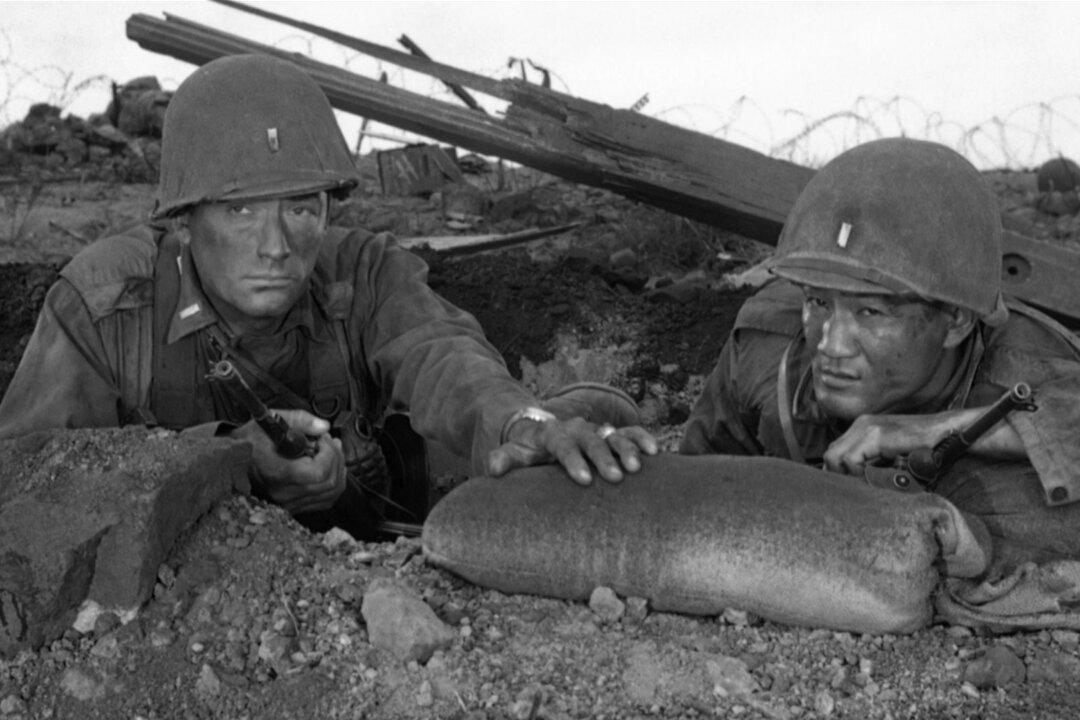R | 1h 37m | Drama, War | 1959
Before I was stationed in South Korea (not far from the DMZ, or demilitarized zone), I didn’t know that much about the Korean War. We were taught about the Vietnam War and World Wars I and II in school, but the Korean War seemed absent from academia, in general.






